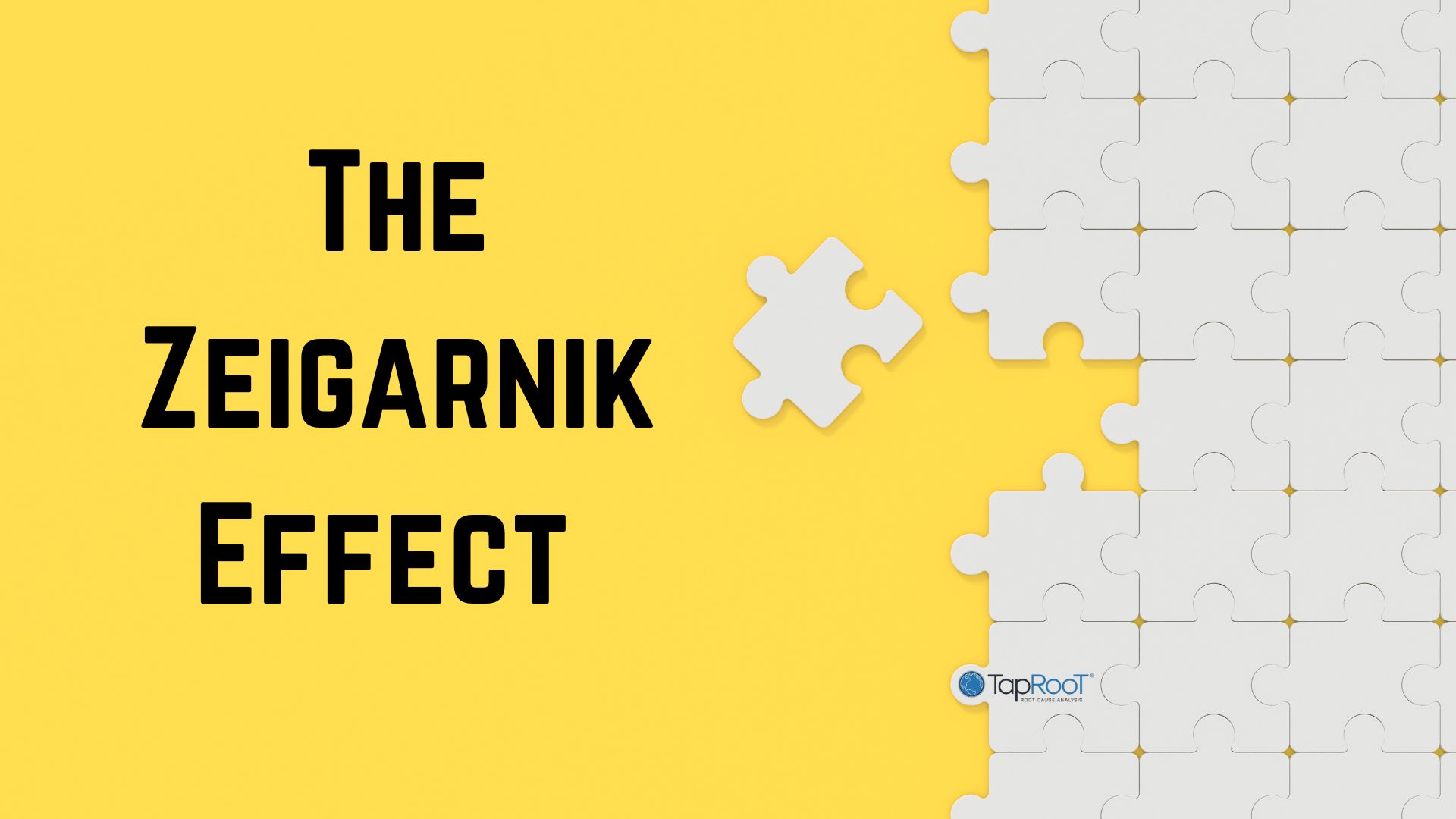Understanding the Zeigarnik Effect: Insights into Unfinished Tasks and Their Impact

Have you ever noticed how unfinished tasks seem to linger in your mind, often resurfacing long after you’ve started them? This phenomenon is known as the Zeigarnik Effect, a psychological principle that sheds light on why incomplete tasks occupy our thoughts more persistently than completed ones. Named after Russian psychologist Bluma Zeigarnik, who first identified it in the 1920s, this effect has intriguing implications for productivity, motivation, and our overall cognitive processes.
What is the Zeigarnik Effect?
The Zeigarnik Effect refers to the tendency for people to remember unfinished or interrupted tasks better than completed ones. Zeigarnik discovered this effect while observing that waiters were more likely to recall orders they hadn’t yet served than those they had already completed. This effect suggests that our minds have a natural inclination to focus on incomplete or unresolved tasks, keeping them at the forefront of our consciousness.
The Zeigarnik Effect can be understood through several cognitive mechanisms:
Cognitive Load: When a task is incomplete, it creates a cognitive load that requires mental resources to resolve. This cognitive burden keeps the task active in our working memory, making it more memorable.
Goal-Driven Behavior: Humans are goal-oriented creatures. When a task is left unfinished, it creates a sense of psychological tension or cognitive dissonance. Our minds strive to resolve this tension by keeping the task in focus until it is completed.
Attention and Memory: Unfinished tasks often demand more attention and mental resources, which enhances their retention in memory. This means that incomplete tasks are more likely to be recalled because they are actively engaged in our thought processes.
Practical Applications of the Zeigarnik Effect
Understanding the Zeigarnik Effect can offer valuable insights for improving productivity and achieving personal goals:
- Task Management: Breaking tasks into smaller, manageable segments can leverage the Zeigarnik Effect. By completing smaller parts, you can maintain a sense of progress and reduce the cognitive burden associated with larger, unfinished tasks.
- Motivation: Use the Zeigarnik Effect to your advantage by starting tasks and leaving them slightly unfinished. This can create a psychological drive to complete them, as the unfinished nature of the task keeps it in your focus.
- Goal Setting: Set clear and achievable goals with specific deadlines. This reduces the chances of leaving tasks incomplete and ensures that you can close the loop on your projects, reducing cognitive dissonance.
- Productivity Techniques: Incorporate techniques like the Pomodoro Technique, which involves working in focused intervals followed by short breaks. This method can help manage unfinished tasks and leverage the Zeigarnik Effect to maintain motivation and productivity.
Zeigarnik Effect and Root Cause Analysis
As safety professionals, we understand the importance of addressing issues before they lead to accidents or incidents. When issues are left unaddressed or partially handled, they don’t just disappear—they continue to affect the team, leading to an environment where trust erodes, and safety culture deteriorates. Much like in a relationship, if we don’t fully process and resolve these issues, they can lead to bigger problems down the road, with team members becoming increasingly critical or suspicious of one another.
The Zeigarnik Effect also intersects interestingly with Root Cause Analysis (RCA). Here’s how:
- Problem Identification: Unresolved issues are more likely to stay on your radar due to the Zeigarnik Effect. This persistent awareness can help in the initial identification of problems that need to be analyzed.
- Focus on Root Causes: The cognitive tension from unfinished tasks can drive deeper analysis into the root causes of problems. Understanding why a task or project is incomplete can reveal underlying issues that need to be addressed.
- Continuous Improvement: The Zeigarnik Effect can fuel a continuous improvement mindset. As unresolved issues are kept in focus, they can drive iterative analysis and refinement, contributing to more effective problem-solving and process enhancements.
The key takeaway here is that just as it’s crucial in relationships to process and resolve negative events to prevent them from causing harm, it’s essential to address and fully resolve safety concerns in safety management. By doing so, we prevent the lingering effects of unresolved issues that could compromise safety and trust within our teams.
Conclusion
The Zeigarnik Effect offers valuable insights into how our minds handle unfinished tasks and their impact on our cognitive processes. By leveraging this understanding, you can enhance your productivity, improve goal management, and gain better insights into problem-solving methods like Root Cause Analysis. Embracing these psychological principles can lead to more effective task management and a deeper understanding of how to achieve your personal and professional objectives.
Read more: Using the Zeigarnik Effect to Your Advantage
For more insightful content and updates, connect with me on LinkedIn.




